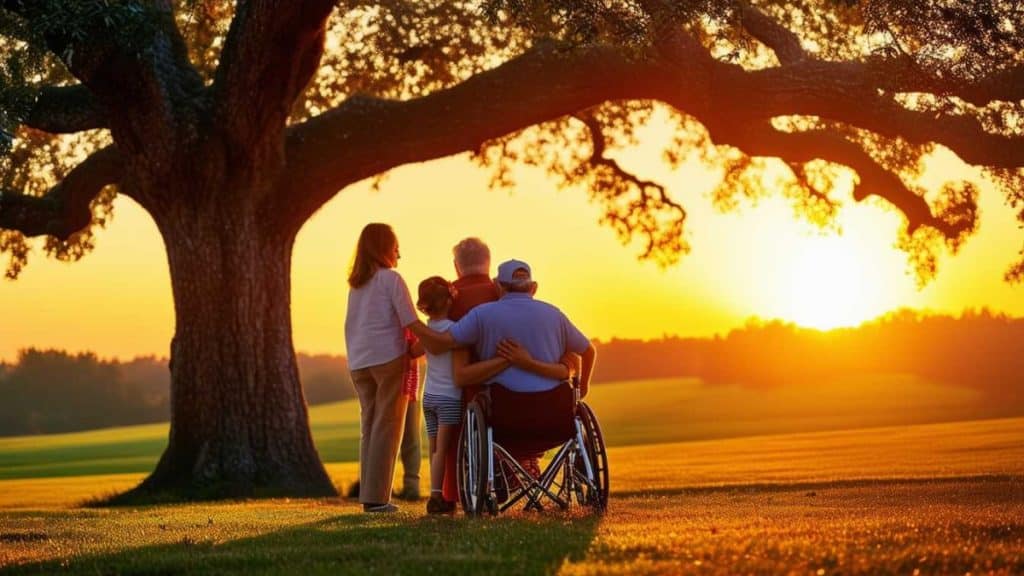Wounded veterans suffer from various disabilities, making it hard to adapt to civilian life. Some lose multiple limbs, hearing ability, or speech, and as such are unable to undertake various daily chores without help. Luckily, there are many nonprofit organizations and charities that help wounded veterans live a quality life by supporting them in various ways. As a veteran, you and your family can get help with mobility aids, such as wheelchairs, training, home modifications, and other types of support to cope better after exiting the military.
Here are some of the ways veterans’ organizations make life better for wounded veterans:
1. Care giving.
Wounded veterans require help with various tasks at home. These include: housekeeping, meal preparation, laundry, hospital visits, and more. These can burden family members as they are supposed to take care of their loved ones and still handle other daily tasks.
However, some veteran charity organizations support families of wounded veterans to help take better care of their loved ones and access the support they need.
Taking care of a wounded veteran can be physically and emotionally draining and can make some family members neglect their health and other responsibilities. With help from charity organizations, it becomes easier for families to care for veterans without much burden or stress.
2. Family retreats.
Family retreats are a great way for veteran families to bond and share good memories with loved ones. They help veterans to heal and reconnect with family members after serving in the military for so long. They offer a comfortable, stress-free environment for wounded veterans to vent their emotions and share their fears and feelings.
Family retreats also include fun activities that bring together veteran families, helping them share positive experiences and become stronger. They help strengthen bonds among families and loved ones by allowing them to create lasting moments.
3. Mobility aids.
As previously stated, wounded veterans suffer from various forms of disability, some losing limbs, hearing, or the ability to speak. This makes it to where they require special equipment to move around and ease mobility. Some organizations offer mobility aids such as wheelchairs and vehicles to help veterans live a quality life. These are mostly modified vehicles that address the individual needs of veterans wounded due to combat operations. However, there are eligibility requirements to meet to qualify for mobility aids, since veterans suffer from various types of disabilities.
4. Veteran training.
Veterans lose their income after leaving the military due to disability. However, they still have needs and require a source of income to cater for themselves and their families. Adapting to the civilian world and securing a job can be a challenge. For this reason, some organizations offer free training to veterans to equip them with adequate skills to stay competitive in the job market.
For instance, charity organizations, such as the Wounded Warrior Family Support, offer free training programs for select veterans who train and test for 6G 4F and get welding certification. The training prepares them for entry-level positions in major industries, such as: shipbuilding, automotive, construction, etc.
How can you get involved?
There are various ways to support and appreciate wounded veterans in your community. This can be through money donations and fundraising events to raise funds for veterans. Remember that some require advanced medical procedures which can be costly, and need the funds to cater to medical expenses. Others are sick and unable to work and need support for their families.
Moreover, you can donate mobility aids, hearing aids, and speech aids to support veterans with various disabilities. No matter the kind of support, we all have a role to play to ensure wounded veterans live a healthier and more meaningful life.
In conclusion, wounded veterans are eligible for various types of support, and this depends on the type and level of disability. Most veteran charity organizations offer mobility aids, retreats, caregiver respite, and other types of support to ensure veterans cope better with their new life and environment after exiting the military. If you have a wounded veteran at home, learn of the many benefits available in your state, and help them enroll to benefit fully from veteran programs.

